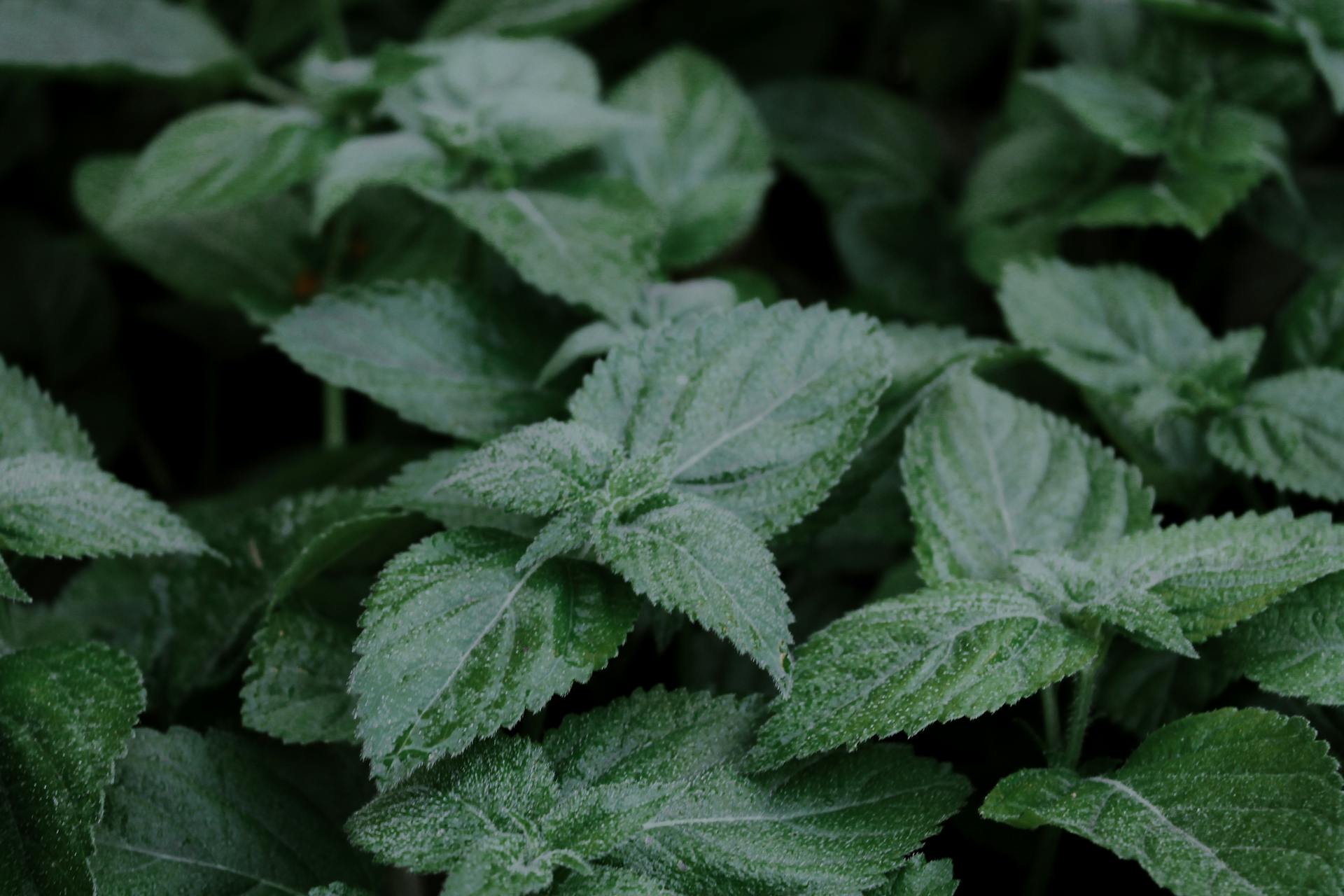Lemon balm (Melissa officinalis), a member of the mint family, is a versatile herb celebrated for its calming properties and myriad health benefits. Let's explore the science behind its uses and how it can enhance your well-being.
What is Lemon Balm?
Lemon balm is a perennial herb native to Europe, North Africa, and West Asia. It has a pleasant lemon scent and has been used in traditional medicine for centuries. Today, it's widely recognized for its potential therapeutic benefits.Health Benefits of Lemon Balm
1. Anxiety and Stress Reduction
Lemon balm is renowned for its calming effects. Studies have shown that it can help alleviate symptoms of anxiety, stress, and insomnia. The active compounds in lemon balm, such as rosmarinic acid, have been found to increase the availability of neurotransmitters in the brain that promote relaxation.
How to Use:
- Tea:* Steep 1-2 teaspoons of dried lemon balm leaves in hot water for 10-15 minutes.
- Supplements: Available in capsule or tincture form.
2. Improved Cognitive Function
Preliminary research suggests that lemon balm may enhance cognitive function and improve mood. In a study involving participants with mild to moderate Alzheimer’s disease, those who took lemon balm extract showed improved cognitive function compared to a placebo group.
How to Use:
- Extracts: Typically taken in doses of 300-600 mg per day.
- Aromatherapy: Using lemon balm essential oil in a diffuser can also promote mental clarity.

3. Digestive Health
Lemon balm has traditionally been used to treat digestive issues such as bloating, gas, and indigestion. Its antispasmodic properties help relax the muscles in the digestive tract, providing relief from discomfort.
How to Use:
- Tea: Drink a cup of lemon balm tea after meals to aid digestion.
- Essential Oil: Dilute a few drops of lemon balm essential oil with a carrier oil and massage onto the abdomen.
4. Cold Sore Relief
One of the most well-documented uses of lemon balm is in the treatment of cold sores. The antiviral properties of lemon balm, particularly its high tannin content, can help reduce the severity and duration of cold sores caused by the herpes simplex virus (HSV).
How to Use:
- Topical Creams: Apply a lemon balm ointment or cream directly to the cold sore several times a day.
- DIY Balm: Mix lemon balm essential oil with a carrier oil and apply to the affected area.
5. Antioxidant and Anti-inflammatory Properties
Lemon balm is rich in antioxidants, which help combat oxidative stress and reduce inflammation. This makes it a valuable addition to your diet for overall health maintenance.
How to Use:
- Infusions: Add fresh lemon balm leaves to your salads or smoothies.
- Tea: Regular consumption of lemon balm tea can help harness its antioxidant benefits.
Safety and Side Effects
While lemon balm is generally considered safe for most people, some may experience mild side effects such as nausea, dizziness, or skin irritation. It’s always best to start with a small dose to see how your body reacts. Pregnant and breastfeeding women should consult their healthcare provider before using lemon balm.
Conclusion
Lemon balm is a powerful herb with a variety of health benefits, from reducing anxiety to treating cold sores. Incorporating lemon balm into your daily routine can be a natural way to support your overall health and well-being. As with any herbal remedy, it's important to use it responsibly and consult with a healthcare professional if you have any concerns.
Find it in the Morpheus supplement here!!!


